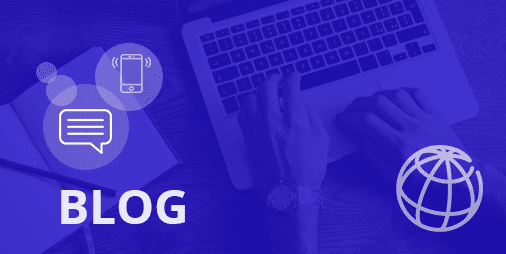Here at the World Bank we put great effort into facilitating South-South exchanges. But the truth is that developing tangible results and sustainable partnerships are still tremendous challenges. That’s why when a genuine, substantive example of South-South cooperation comes along—as is the case with the new Lesotho Trade Portal (LTP)—this effort should rightly be praised.
The LTP—billed as “the first trade portal in Africa”—was developed through a bilateral agreement between the Kingdom of Lesotho and the government of Lao People’s Democratic Republic, with the assistance of the World Bank Group. The LTP is a single, online source for all trade-related laws, regulations, and procedures for importing and exporting. It was officially launched on March 26, 2014, immediately establishing a new standard in Africa for communication with traders.
Online portals like this help to facilitate trade by providing reliable, up-to-date information on an accessible platform. This transparency helps to reduce uncertainty for traders, reducing transaction costs and speeding up customs and border clearance processes. Regulatory authorities also benefit as more informed traders tend to become more compliant, and as documentation is both reduced and improved in quality.
The Lao PDR Trade Portal launched in June, 2012, and has been an excellent example of these gains. Designed by the Lao Ministry of Industry and Commerce with support from the World Bank-administered, Lao Trade Development Facility, the Lao PDR Trade Portal is already being widely used by traders. The portal helped the country to reach transparency and accessibility commitments necessary to accede to the World Trade Organization (WTO) in February, 2013.
As a landlocked country, Lao PDR needed a low-cost, simple, and robust tool that could be managed in a low capacity environment. When members of the World Bank team that helped to develop the Lao portal traveled to Lesotho, they realized the two governments faced similar barriers to increased trade. Negotiations began, drawing on the success of the Lao portal. After a thorough evaluation of opportunities and challenges, the Lao authorities agreed to share the intellectual property from the original portal with Lesotho and to train its information technology (IT) staff on how to use the system—all at no cost.
The deal has also resulted in the Lesotho Revenue Authority (LRA) entering into a support contract with Cyberia, the Lao software company that helped develop the portal. In this way, this South-South exchange is not only a government-to-government (G2G) exchange, but has also helped create opportunities for a small Lao enterprise to expand into new markets.
For the government of Lesotho, its portal can help improve its reputation as a country with a transparent business climate. Landlocked and generally dwarfed by South Africa, Lesotho is often overlooked as an investment destination. The LTP can help change that. A better reputation for doing business will help the country attract more foreign direct investment (FDI).
The LRA is continuing to work on reforms that will simplify other processes and further reduce the costs of doing business at the border. These include the introduction of a modern computerized customs system (ASYCUDA World), standard operating procedures, an integrated border management strategy shared by all border agencies, a preferred trader scheme to streamline procedures for lower risk traders, a new organizational strategy, and further training to promote efficiency and professionalism in customs and across the LRA.
Meanwhile, the World Bank is also continuing to actively support similar trade portal projects across the world. Under the new WTO Trade Facilitation Agreement concluded in Bali in December, 2013, the focus on trade information has been scaled up significantly. This has put an even stronger focus on information transparency—and systems like a trade portal that can help to achieve these goals. We can expect to see a number of other developing countries looking to adopt something similar in the near future.
Source link : https://blogs.worldbank.org/en/trade/portal-greater-southsouth-cooperation
Author :
Publish date : 2014-04-03 03:00:00
Copyright for syndicated content belongs to the linked Source.
